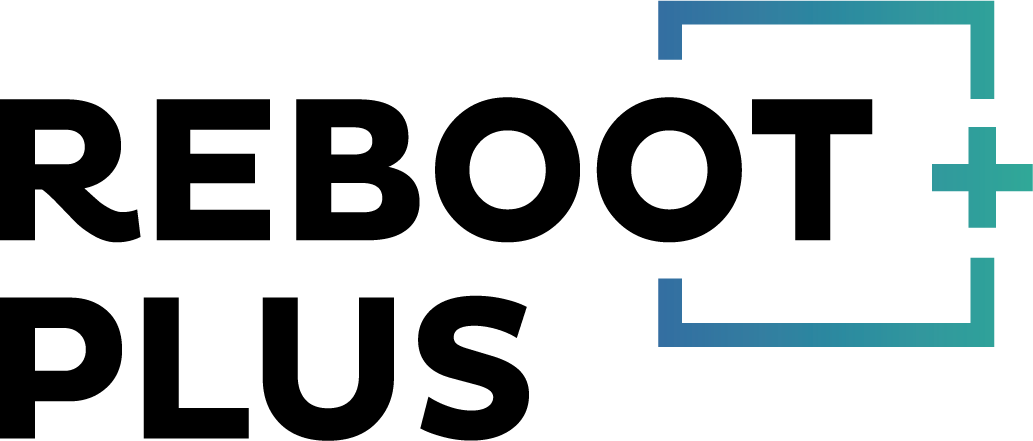Who Do You Want to Be?
Traditional career paths are less common now than in the past. Instead of following a linear trajectory, many people now explore multiple jobs before finding their true calling. This shift highlights the importance of self-reflection in career exploration. A simple yet powerful question to guide this process is: ‘Who do you want to be?’
The Reboot Plus program helps young people envision the life that they want. We ask them: what kind of person are you? What do you want to do with your life? How do you get from here to there?
The Power of Self-Reflection
Self-reflection is a great tool for personal and professional development. According to a study published in the Harvard Business Review, regular self-reflection can lead to greater self-awareness, which in turn improves decision-making and life satisfaction. By contemplating who they want to be, youth engage in a deeper understanding of your values, passions, and goals.
Aligning Career with Personal Values
Understanding your personal values helps youth create a meaningful life. When youth know what they stand for, they can seek out roles and organizations that align with these values. For instance, if sustainability is a core value, they might gravitate towards careers in environmental science, renewable energy, or corporate social responsibility.
 Identifying Passions and Interests
Identifying Passions and Interests
Passion is a key driver of career satisfaction and success. Research shows that individuals who work in fields they are passionate about are more likely to excel and experience life satisfaction. Asking youth to reflect on what activities make them lose track of time or what topics they can discuss endlessly helps them imagine the possibilities that are out there. These interests provide clues about potential future paths.
Setting Short and Long-term Goals
By asking youth who they want to be, we help them can also set long-term career goals.
“We encourage that blissfully ignorant, batshit crazy, threading the needle sense of possibility. Then we show them how to get there. And along the way we show them all the corollary possibilities.”
Visualizing a future helps youth create a roadmap for their career journey. This approach is supported by Locke’s goal-setting theory, which finds that clear, challenging goals can enhance motivation and performance.
Exploring Diverse Career Paths
In the process of self-reflection, it’s important for youth to explore diverse career options. In the Reboot Plus program, youth meet a variety of professionals in many fields through in-class presentations and informational interviews. Diverse experiences help youth look beyond the traditional career trajectories and discover new options.
 Practical Steps for Using Self-Reflection in the Reboot Plus Program
Practical Steps for Using Self-Reflection in the Reboot Plus Program
- Journaling: Students keep a journal to regularly document thoughts, experiences, and reflections on who they want to be.
- Aptitude Testing: Students learn more of their interests, values, and potential paths. This visual can help you them see connections and possibilities.
- Informational Interviews: Students engage with professionals in fields of interest to learn about their career journeys and gather advice.
- Educational Development: Students are enrolled in a college-level course for 16 weeks to invest in their future.
Transforming One Student at a Time
Asking students “Who do you want to be?” is a transformative question that can guide their career exploration and help them find a path that is both fulfilling and successful. By examining values, passions, and long-term goals, youth can navigate their future potential with confidence and clarity.
With funding from the Government of Canada’s Future Skills Centre, we are examining whether a hope-centred education and career development program can help youth find their purpose. Students in our program are vulnerable youth aged 17 to 24 who have not finished high school and do not have a plan for their future. Our 16-week program helps participants identify their values, personality, interests and skills, meet with professionals and develop an education and career action plan.
Le projet Reboot Plus est financé par le Centre des Compétences futures du gouvernement du Canada
